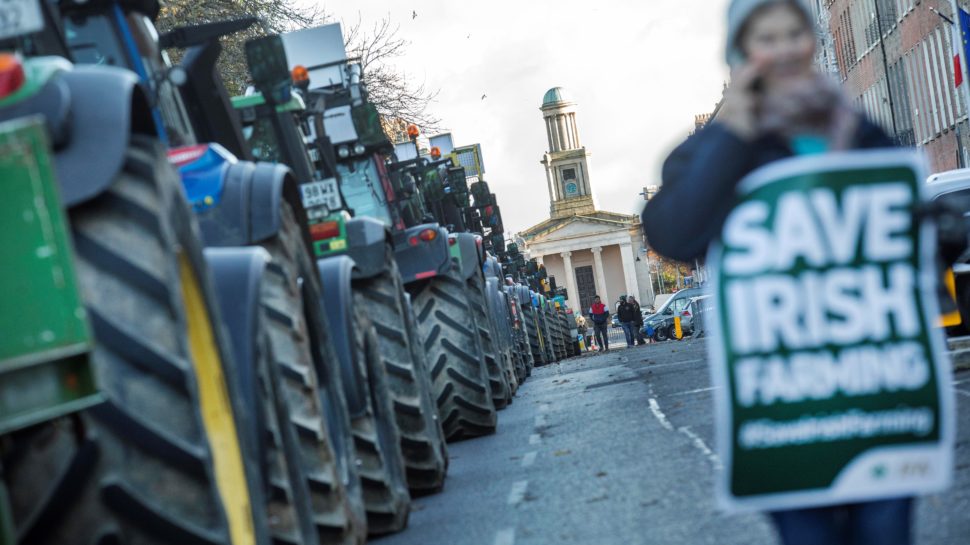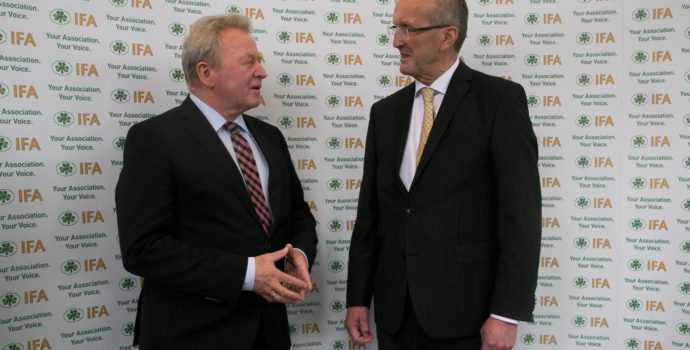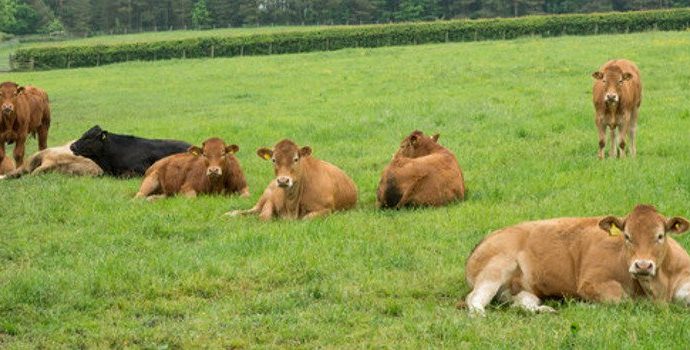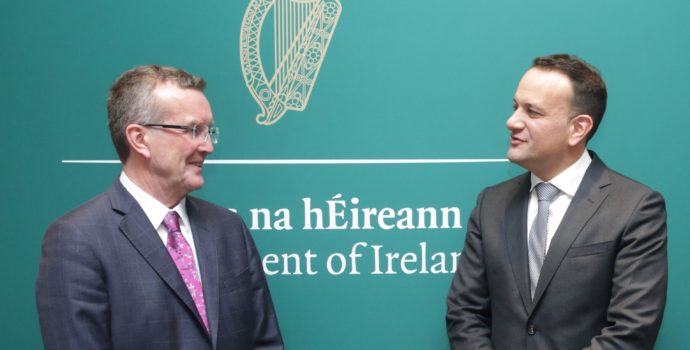Minister’s CAP Plan Will Have Devastating Impact on Cohort of Farmers

IFA President Tim Cullinan said that the proposed CAP strategic plan signed off by the Cabinet today does not strike the right balance between environmental, economic and social sustainability.
“The plan will hit a cohort of our most productive farmers who will see a devastating cut in their Basic Payment. Many beef, sheep and tillage farmers who do not have off-farm income will find it very difficult to achieve viability,” he said.
“The CAP results in money being redistributed amongst farmers through convergence, Complimentary Redistributive Income Support for Sustainability (CRISS) and Eco Schemes. It is very complex and many farmers will be in for a big shock when they see the cut in their Basic Payment in 2023,” he said.
“The Minister could have put more funding into programmes to support beef, sheep and tillage farmers, but he decided not to. These sectors will need further national supports if they are to survive as we know them,” he said.
“The Minister also decided to take 25% from each farmer’s Basic Payment to put towards new Eco Schemes. While we would acknowledge his efforts to make these schemes more accessible, they will cost farmers money to participate in and are untested,” he said.
“The Minister himself negotiated flexibility at EU level to reduce this percentage below 25% for countries with a higher environmental spend under Pillar II of the programme. Ireland easily qualifies for this, but the Minister chose not to reduce the percentage despite the fact that many other countries will do so. We would have preferred more of this funding to be left within the Basic Payment where farmers still have to comply with good agricultural and environmental practices,” he said.
“Overall, the plan will put more costs on farmers at a time when huge cost increases for energy, feed and fertiliser are already hitting them,” he said.
“This latest CAP shifts the emphasis away from supporting food production. This is very short-term thinking, given that the global population is due to increase from 7.5bn to an estimated 10bn by 2050,” he said.




